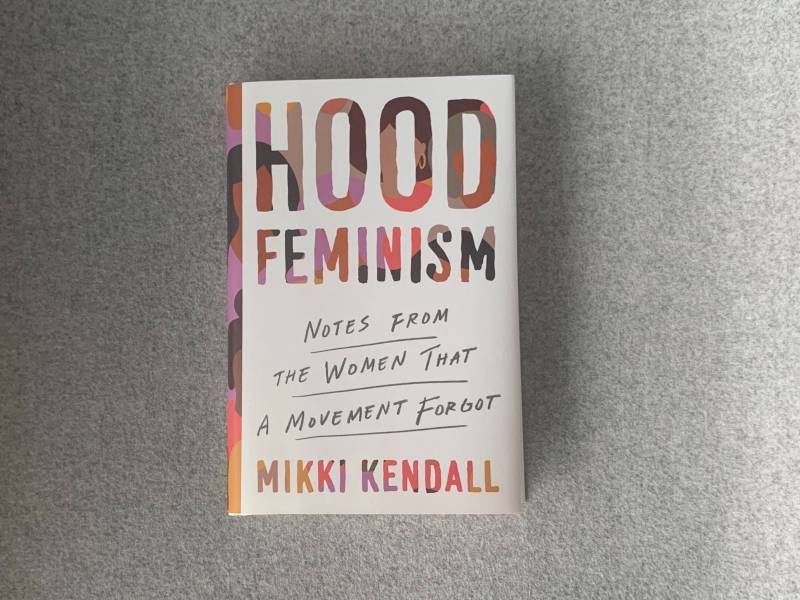If you’re someone who claims the mantel of feminism, who believes in the innate equality of all genders, who thinks that solidarity among communities of women is a core component of the world you want to live in, I strongly encourage you to read Mikki Kendall’s debut essay collection, Hood Feminism: Notes from the Women That a Movement Forgot. (Also, if you’re not one of those someones, I really think you should read Hood Feminism.)
As the subtitle makes clear, Kendall’s central thesis is that mainstream feminism in the United States has been anything but inclusive, despite being “a movement that draws much of its strength from the claim that it represents over half of the world’s population.” In prose that is clean, crisp, and cutting, Kendall reveals how feminism has both failed to take into account populations too often excluded from the banner of feminism and failed to consider the breadth of issues affecting the daily lives of millions of women.
Many of the book’s essays focus on these overlooked issues, with chapters examining how gun violence, hunger, poverty, education, housing, reproductive justice, and more are all feminist issues. Others, such as “Black Girls Don’t Have Eating Disorders” and “The Hood Doesn’t Hate Smart People,” challenge harmful myths that, in the case of the former, can lead to young women not getting the help and support they need and, in the latter, perpetuate race- and class-based stereotypes. Regardless of the topic, each chapter is designed to “focus largely on the experiences of the marginalized, and address the issues faced by most women, instead of the issues that only concern a few — as has been the common practice of feminists to date — because tackling those larger issues is key to equality for all women.”
Securing that equality, Kendall argues, requires that women accept some inconvenient truths, specifically “the distinct likelihood that some women are oppressing others…. [W]hite women can oppress women of color, straight women can oppress lesbian women, cis women can oppress trans women, and so on.” If feminism is to truly represent all women, it must resist the “tendency to assume that all women are experiencing the same struggles [which] has led us to a place where reproductive health imagery centers on cisgender able-bodied women to the exclusion of those who are trans, intersex, or otherwise inhabiting bodies that don’t fit the narrow idea that genitalia dictates gender.”
Those already familiar with Kendall as a leader in Black feminist thought won’t be surprised that Hood Feminism is grounded in intersectionality, a term coined by Prof. Kimberlé Williams Crenshaw to reflect how race and gender combine to impact Black women in the criminal justice system. The term continues to be used to express how our various multiple identities necessarily result in different experiences and priorities. Kendall posits that “an intersectional approach to feminism is key to improving relationships between communities of women, so that some measure of true solidarity can happen.”





